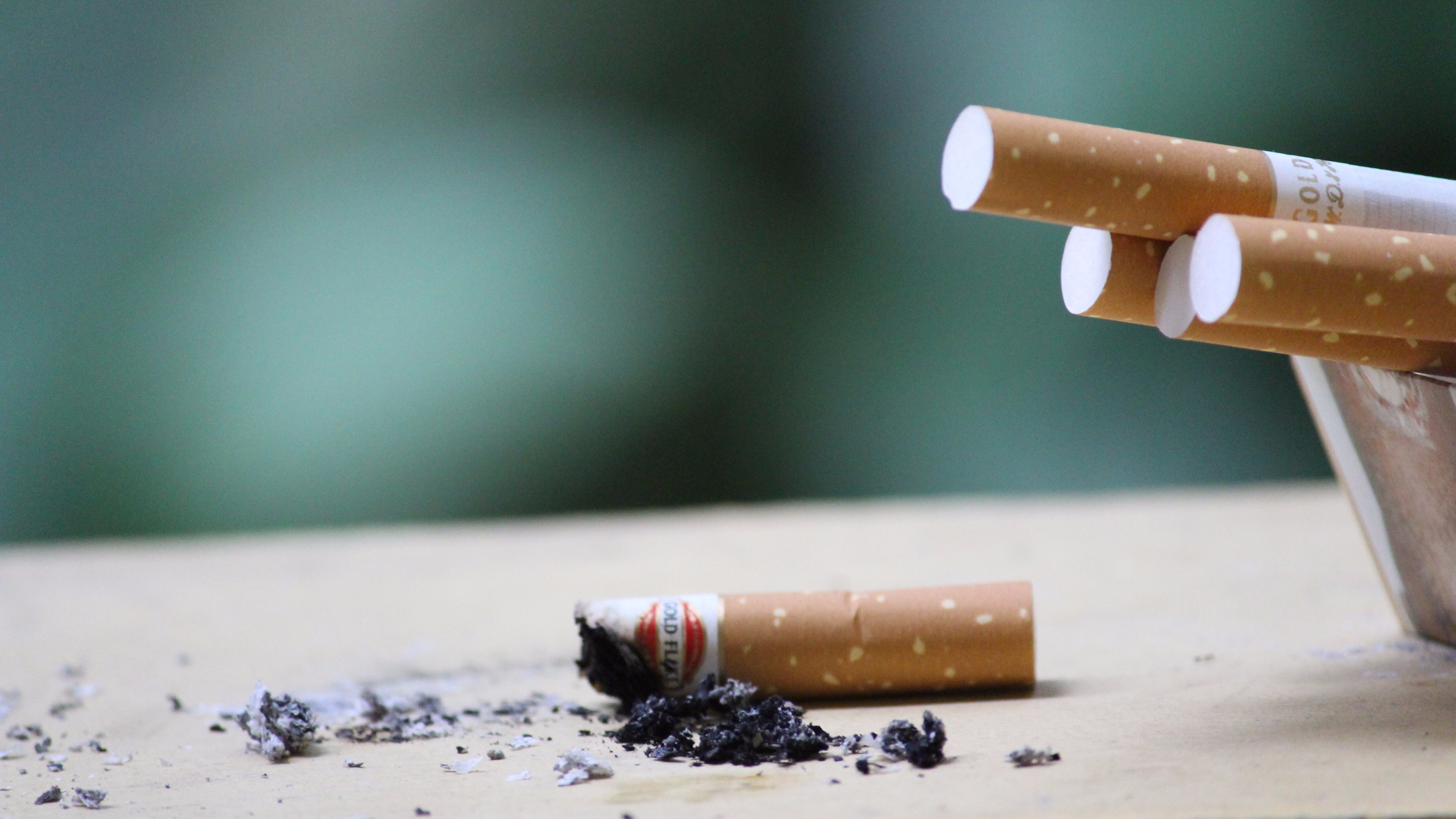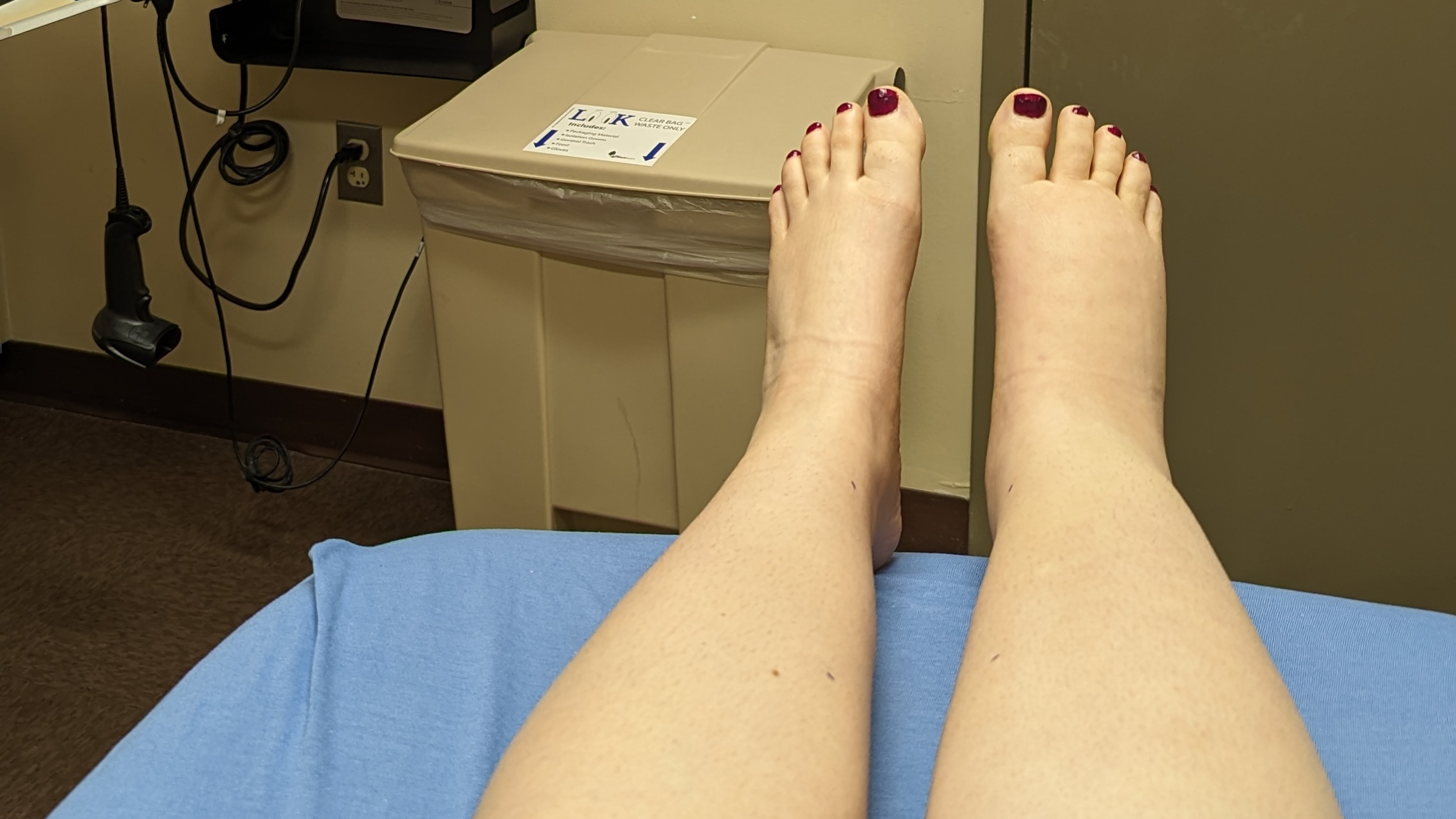When I first wrote about smoking and lymphedema back in 2011, I was fresh off a quit and feeling confident about it. A little too confident it turns out, because a year or so later I began smoking again in full force.
It continued like that for years: stopping and starting, swearing cigarettes off one week and desperately scrounging for old packs in my desk drawer the next. I felt helpless, and physically I felt absolutely awful.
Smoking is addictive, and if you’re a current or former smoker, you don’t need me to tell you that. You also don’t need me to tell you that smoking carries health risks — but how does it affect lymphedema, exactly?
Smoking and lymphedema
With the thousands of chemicals found in tobacco smoke, it’s no surprise that smoking affects almost every aspect of your health, including your lymphedema. Here are three such ways:
- Skin elasticity. Smoking causes blood vessels at the top layer of the skin to constrict, which reduces blood flow and lowers oxygen levels in the blood; it also reduces the levels of collagen in the skin. This impedes the skin’s ability to regenerate itself, which is why smoking is associated with slow or incomplete wound healing and thinner skin. This spells trouble for lymphies, when even a small break in the skin can lead to infection.
- Compromised immune system. The lymphatic system is an important part of the body’s immune system. Chronic use of tobacco products can disrupt lymphatic function and weaken your body’s immune response, which not only makes you more susceptible to infections but also less effective at fighting them. Considering repeated episodes of cellulitis are common with lymphedema, this can lead to serious complications for lymphies who smoke.
- Increased inflammation. Recent studies have shown a link between cigarette smoking and inflammation throughout the body; this can create an increase in swelling as inflammatory responses within the tissue of the skin cause further buildup of lymph fluid.
Resources to help you quit smoking
We can’t do much about having a chronic medical condition like lymphedema, but we can change our chronic smoking habit.
Quitting is tough though, and sometimes it takes a few tries to get it to stick. When you’re feeling ready, there are a ton of resources out there to help you do it successfully:
- Smokefree.gov
- American Cancer Society
- American Heart Association
- American Lung Association
- Centers for Disease Control and Prevention
- Quit.com
What helped me kick the habit
What began as a cigarette sneakily shared between friends after school developed over ten years into a pack-a-day habit for me, and I had reached a point where life without smoking seemed unimaginable: I didn’t know who I was without a cigarette, and quitting did not seem like an option.
After countless stops and starts over the years, I finally achieved a successful quit and have been smoke-free for almost two years. Here are some things that helped me get there:
- Hold yourself accountable. Keep a running tally in your journal or calendar of days without a cigarette. If you have a slip-up, jot down how many cigarettes you smoked and what triggered it: were you stressed? Anxious? Bored? Keeping track of these things can help you better understand your habits and how you can change them. (I’m someone who’s motivated by data, so using quit smoking apps that not only charted my progress but also quantified it in terms of dollars saved, health gained, etc. was really helpful for me.)
- Be realistic. A recent study found that it could take as many as 30 tries before a smoker successfully quits, so with that in mind, don’t set yourself up for failure by adopting an all-or-nothing attitude. Expect some slip-ups along the way, especially if you spend time around people who smoke. These slips are not excuses to quit your quit, though: you can get back on track.
- Set boundaries. Don’t be afraid to set some boundaries, especially in the early days when you’re still vulnerable to lighting up. For the first couple weeks, it may be a good idea to avoid any people or places that may trigger the urge to smoke. Let your friends know this is something important that you need to do right now and that you’ll catch up with them later, once you’re more solid in your quit.
- Symptom substitution. A lot of the time we’re addicted to the ritual of smoking, so it can be helpful to find something else you can do in place of having a cigarette. Some folks eat sunflower seeds or munch on carrot sticks, others will do a breathing exercise or close their eyes and count until the craving passes — anything that will keep you from picking up a cigarette and is not harmful to your health. Whenever I got the urge to light up, I made a cup of black coffee. Sure, I’ve got a major coffee habit now — but at least I’m not smoking.





Leave a Reply